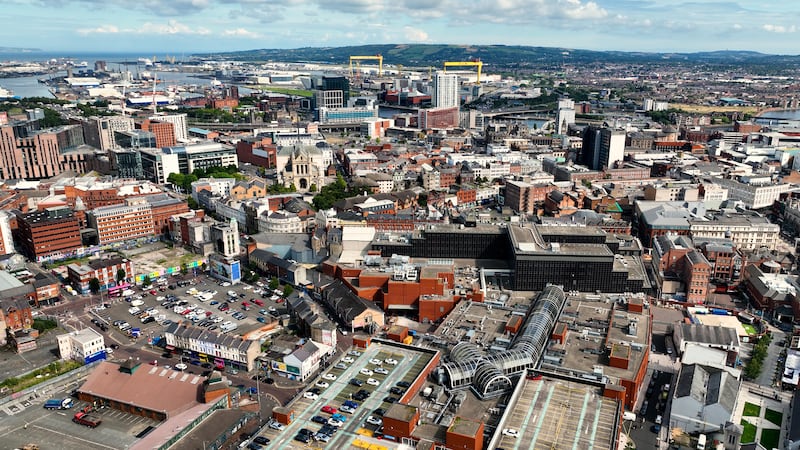FULL-time workers in Northern Ireland are five per cent worse off in real terms in their pay packets than they were seven years ago, according to research from the GMB union.
The study of official figures showed mean gross annual pay in Northern Ireland was £25,496 in April 2008, rising by more than £4,000 to £29,502 in April 2015, a rise of 15.7 per cent.
But during the same period, inflation in the UK has been 20.6 per cent, which means the drop in real value of earnings has been 4.9 per cent for full-time workers in Northern Ireland.
The figures are contained in GMB's annual survey of hours and earnings (ASHE) report.
In the UK as a whole, the value of average earnings of full-time workers has fallen by 13.6 per cent, with the biggest fall in London, where the real value of average pay has dipped by 23.2 per cent.
Paul McCarthy, the GMB's regional secretary for Northern Ireland, said: "While we have seen a growth in the number of workers as the population has grown, average pay has simply not kept pace with inflation.
"Since 2008 the cumulative inflation has been 20.6 per cent. During this period, pay in Northern Ireland has gone up by 15.7 per cent per cent, which has left the pay of the average full time worker down by 4.9 per cent in real terms.
"This has had a deflationary impact on the economy and has also affected the tax take by the Chancellor to pay for essential public services.
"In the autumn statement, the Chancellor predicted that the economy would grow steadily each year to 2020 when it would be 12 per cent bigger than now.
"Workers here will want to see that growth translating into pay rises above inflation to make up for lost ground."
A Treasury spokesman said: "We have record levels of employment, wages are up 2.3 per cent above inflation in the past year, and the new National Living Wage will deliver a further boost next year."




